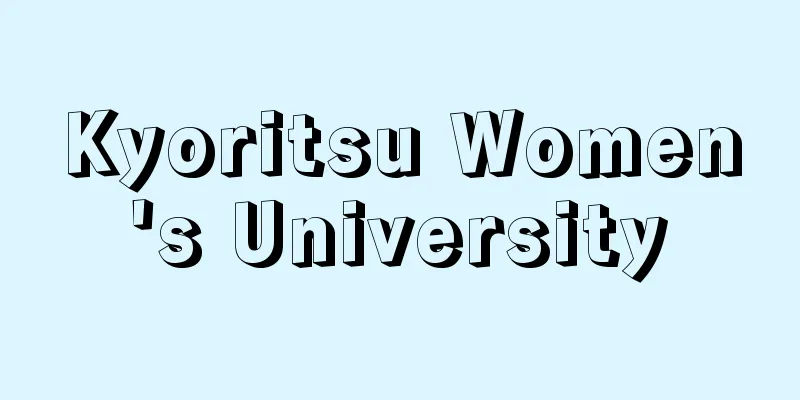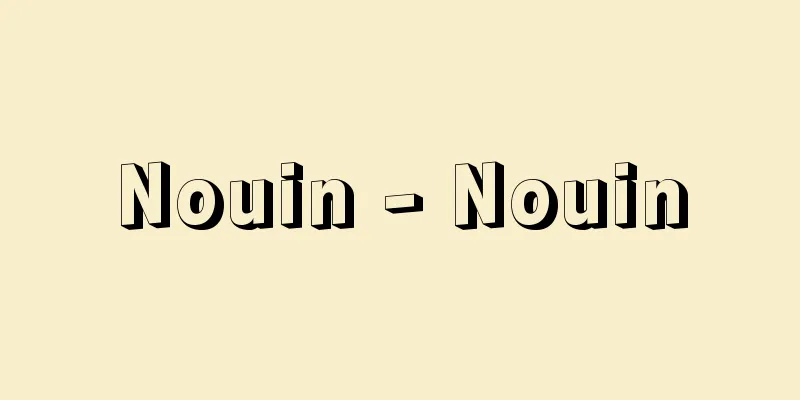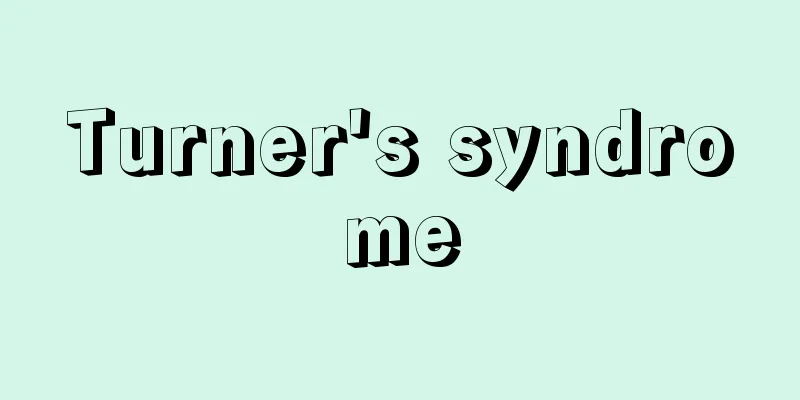Macrosociology

|
...In the past, the term education was limited to school education, and the main research theme was the impact and effect of school education on human development, but in recent years, recognizing that human development and growth are by no means determined by school education alone, the research field has expanded to include the human development functions of family groups, children's groups, mass communication, children's culture, and youth culture. Specific research fields include: (1) developmental sociology, which analyzes and studies the influence of family groups, peer groups, mass communication, children's culture, and youth culture on the development of children and adolescents; (2) school sociology, which analyzes the social selection process carried out through a social mechanism called school education and its impact on the reproduction or social mobility of social classes, and the value conflict between the dominant values that school education attempts to convey and the subculture that children and adolescents create in opposition to them; and (3) macrosociology of education, which analyzes and studies the interrelationship between the education system that supplies a labor force with certain knowledge, skills, and values to the economic structure of a society and the economic structure of that society. The term educational sociology is said to have been first used by H. Suzzallo in 1908 as the title of a lecture at Columbia University, but earlier works such as the German Natorp's Social Pedagogy (1898) and the American Dewey's School and Society (1899) had already been published. *Some of the terminology that refers to "macrosociology" is listed below. Source | Heibonsha World Encyclopedia 2nd Edition | Information |
|
…また従来は,教育といういとなみを主として学校教育に限定し,人間発達に対する学校教育の影響・効果を主たる研究テーマとしてきたが,近年は,人間の発達成長は決して学校教育のみに規定されているわけではないという事実認識に立って,その研究領域を,家族集団の人間形成機能,子ども集団の人間形成機能,さらにはマス・コミュニケーション,子ども文化,青年文化のそれなどへと拡大してきている。具体的な研究領域としては,(1)子ども,青年の発達に対する家族集団,同輩集団,マスコミ,子ども文化,青年文化の影響を分析・研究する発達社会学,(2)学校教育という一つの社会機構を通じて行われる社会的選抜過程とその社会階層の再生産もしくは社会移動に与える影響の分析,学校教育が伝達しようと試みる支配的価値観と子ども,青年がそれに対抗して作り出す下位文化との価値葛藤,などを問題とする学校社会学,(3)一つの社会の経済構造に対して一定の知識,技術,価値観をもった労働力を供給している教育制度とその社会の経済構造との相互関係を分析研究する教育の巨視社会学,などをあげることができる。 教育社会学educational sociologyという名称は,1908年スザロH.Suzzalloがコロンビア大学での講義題名に用いたのが最初といわれているが,それ以前に,ドイツのナトルプ《社会的教育学》(1898),アメリカのデューイ《学校と社会》(1899)などがすでに出版されていた。… ※「巨視社会学」について言及している用語解説の一部を掲載しています。 出典|株式会社平凡社世界大百科事典 第2版について | 情報 |
<<: The theory of truth and fiction
Recommend
Chemical synthesis
In chemistry, chemical synthesis, or simply synth...
Asura - Asura
Please see the Ashura page. Source: Encyclopaedia...
Hu-ren; Hu-jên
A general term used by Chinese to refer to the eth...
audition of thought
...The voices may be heard clearly or vaguely, an...
Ixora cocchinae - Ixora cocchinae
...The flowers bloom almost year-round. The very ...
Gottes-dienst (English spelling)
…Finally, the fourth approach is to classify divi...
Manyoshu - Man'yoshu
The oldest surviving collection of poems. It is u...
Nashville - Nashville (English spelling)
A city in central Tennessee, the United States, a...
Sanchouki - Sanchouki
This is a diary written by Fujiwara (Sanjo) Nagaka...
Shariki [Village] - Shariki
A village in Nishitsugaru County, western Aomori P...
Ibn Ḥawqal
Geographer of the 10th century. His biography and ...
Lake Okotanpe - Okotanpeko
Okotanpe Lake is located in the southwest of Hokk...
Tooth brushing
… refers to the cleaning of teeth with a toothbru...
Hogback (English spelling)
A ridge with an asymmetrical cross section formed ...
Muscle fatigue - Kinnikuhiro
… [Biological reactions caused by fatigue] From t...









